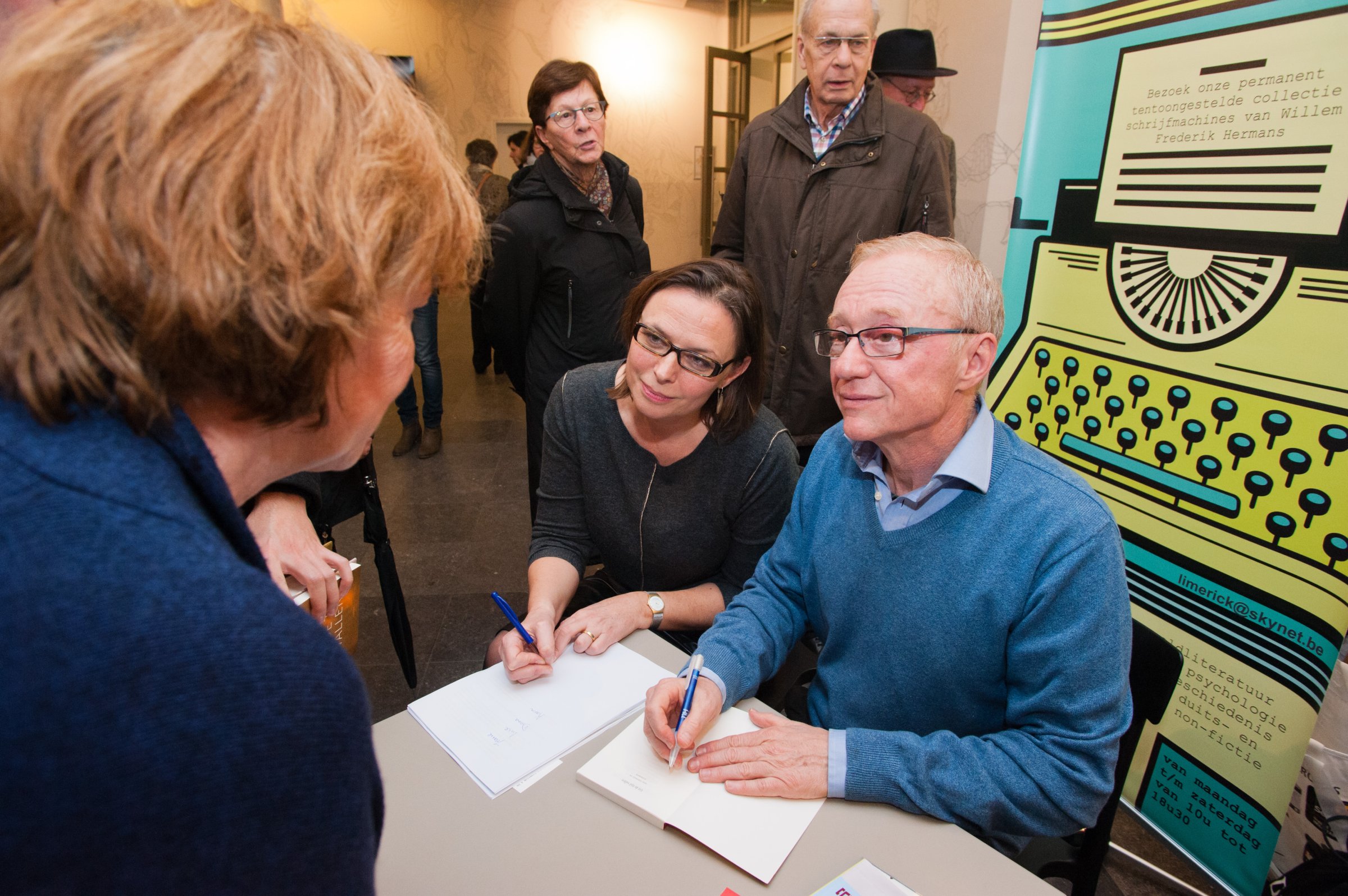
Deborah Harris is one of Israel’s leading literary agents. These days she is facing more than the usual pressures of finding and selling good books. Increasing protests over Israel’s conflict with the Palestinians, often exacerbated by simple prejudice, is posing new problems.
Harris, who’s a friend, recently told me that in the past 10 years she has discovered that some publishers around the world are rejecting works by Israeli authors, boycotting Israeli literary events and refusing to have their books translated into Hebrew. “Books that I could easily have placed with major publishers 10 years ago are being politely rejected,” she told me. “While it is true that some foreign fiction markets are drying up, the drop off in Israeli literature is off the scales. The older, sympathetic editors will whisper to me that they can’t get people to look at books out of Israel.”
Harris represents some of Israel’s most notable authors, including David Grossman and Meir Shalev. She also represented the single most popular book out of Israel in recent years, Yuval Harari’s Sapiens. Sapiens succeeded on a global scale, but it has not a word connecting it to Israeli culture or society. Apart from the author’s name, it could have been written anywhere.
Part of the painful irony in the boycott against Israeli authors is that the author’s political stance is irrelevant. The Boycott, Divestment, Sanctions movement, a campaign to put pressure on Israel with the stated goal to end Israeli occupation of Palestinian lad, does not distinguish according to individual views.
For example,Grossman, whose leftist credentials are impeccable (and whose son died fighting against Hezbollah days after Grossman himself urged the government to accept a ceasefire), is forced to confront hostile audiences in Europe. Protesters question why he lives in Israel at all, no matter his views. Grossman has close relations with Palestinian writers and is a leading voice of the Israeli left. Yet that does not exempt him from the excoriation of the self-righteous. Grossman’s books are not only removed from shelves in the Arab world but even in such unlikely places as Glasgow, Scotland.
As the boycott of Israeli arts becomes widespread, lists supporting boycotts are growing. Many are the same writers who urged noted British author Ian McEwan to reject the Israel prize a few years ago, the same year that an Israeli author was kicked off a literary panel in Italy at the request of a Palestinian writer. There are few major writers on that list, but some significant statements have been made elsewhere: Alice Walker, for example, refuses to let her books be translated in Hebrew.
In the U.S. the PEN American center rejected calls to refuse Israeli support for the PEN festival. But the letter demanding it was signed by some very significant writers. Although boycott is still primarily a cause in Europe, the stirrings in the U.S. are troubling.
There is pushback. About 150 British writers repudiated the boycott call, including J.K Rowling and Hilary Mantel. And famed actress Helen Mirren last week resoundingly denounced those who would boycott Israel.
It is dispiriting to find voices who otherwise support the freedom of expression speaking out to deny free expression to one country and one group of people. Despite constant existential pressure there is more freedom of expression in Israel than the majority of countries in the U.N. and more self-criticism than almost any other society on earth. “I have some promising young authors who are being denied a larger audience,” says Harris. “It is discouraging for them, of course, but I also feel the world is missing out.”
More Must-Reads from TIME
- Donald Trump Is TIME's 2024 Person of the Year
- Why We Chose Trump as Person of the Year
- Is Intermittent Fasting Good or Bad for You?
- The 100 Must-Read Books of 2024
- The 20 Best Christmas TV Episodes
- Column: If Optimism Feels Ridiculous Now, Try Hope
- The Future of Climate Action Is Trade Policy
- Merle Bombardieri Is Helping People Make the Baby Decision
Contact us at letters@time.com